17 Stunning Sustainable Decor Trends to Embrace for 2025

As you enter the new year, the home decor world is shifting, with sustainability at the forefront. Your space is like a living, breathing canvas of your personality, each decision reflecting your commitment to a green future. This year will be about mindful choices that are kind to the planet without sacrificing aesthetics.
1. Go Sustainable With Bamboo Furniture

Leave mass-produced materials in the past, and say hello to bamboo — a renewable resource for stylish furniture, flooring or even wall accents. Bamboo matures faster than timber, taking only three to four years, whereas most wood needs over six, only achieving strength when it’s 12 years old.
You can expect your home furniture to last through years of wear and tear. It’s also lightweight and resistant to moisture and insects — perfect for an outdoor ensemble. The material’s flexibility allows bamboo furniture to mix well with minimalist, tropical or bohemian decor.
2. Make a Statement With Your Ceilings

The ceiling is among the most overlooked spaces in your home, but that can change drastically in 2025. Designers are shifting the perspective toward the “fifth wall” in the house as they recommend bold colors, intricate designs and even wallpaper to transform the blank canvas.
Paint your ceilings in a contrasting shade, or add wooden beams for an eye-catching look. Bonus points for sustainability if you’re using reclaimed wood.
3. Opt for Eco-Friendly Flooring Alternatives

Sustainable flooring is taking charge this 2025, with bamboo, cork and reclaimed hardwood options being the most popular on the market. With about 82 million U.S. households owning a pet, considering eco-flooring options that are pet friendly is a must. Bamboo is ideal for families with pets, thanks to its strength and durability, and can last up to 25 years when you properly care for it.
Cork is also a perfect flooring option. It has less of an ecological footprint since harvesting doesn’t harm the tree itself — the tree continues to live, so it’s incredibly eco-friendly.
4. Add Character With Vintage and Antique Pieces

Thrift with intention. Nothing says sustainable quite like picking up a beautiful vintage chair that adds charming history to your home.
It also helps you avoid the carbon footprint that comes with mass-produced furniture. Explore flea markets and estate sales, or browse online platforms to find unique treasures that complete your home’s personality.
5. Upcycle to Create Art and Decor

If you have furniture in your garage you’re not quite sure what to do with, why not upcycle it? This trend is not only budget-friendly but can also be an outlet for your creative spirit.
Start small, like transforming an old ladder into a chic bookshelf or repurposing mason jars into candle holders. Ideas are limitless for your next upcycling project.
6. Reclaim and Recycle Wood and Glass

Another sustainable design option concerning wood is to embrace materials that have already lived a life. These items add depth and character to your space while also reducing waste. Furniture made from reclaimed wood has unique textures that bring a warm, lived-in feel. It doesn’t have to look old, either — rustic furniture can also come in modern, trendy designs.
Recycled glass can look pretty in a myriad of colors. Install crushed glass countertops for a terrazzo-like finish that’s more vibrant and a more sustainable focal point.
7. Round It Out With Curved and Organic Shapes

Forget sharp edges — 2025 is leaning into soft, organic shapes that mimic the natural world. Curved furniture and rounded decor create a sense of flow and comfort.
You can start with subtle additions like a circular mirror to expand the space or go big with a rounded-edge sofa. These calming shapes are soft on the eyes and soften the overall ambience of a room.
8. Make It Homey With Warm Neutrals

Move over, cool grays. Warm tones like beige, taupe and terra cotta are here to cozy up your home. These earthy shades pair beautifully with the natural materials already in your home.
Why not paint a feature wall in a warm neutral tone or layer soft beige throw blankets and cushions? These give a classy, cozy feel to a space.
9. Or Go Bold With Color Schemes

While neutrals dominate some areas of your house, it's nice to add a bold color here and there. Vibrant jewel tones and unexpected pairings are stealing the show in 2025. Think coupling lime yellow with an equally vibrant deep color to create energy and personality.
To avoid overwhelming your space, add them little by little. Try bold-colored artwork or opt for striking curtains first. These add some life and drama without overly saturating the room.
10. Bring the Outdoors Inside Your Home

Biophilic design is all about blurring the lines between indoors and outdoors. Think vertical gardens, indoor plants and natural elements that breathe life into your home. These living walls add interest and can even be functional, such as in the kitchen, full of your favorite herbs.
11. Add Subtle Upgrades With Textured Surfaces

From limewash paint to Roman clay, textured surfaces are taking center stage. They add depth and tactile interest to your interiors without making it too obvious.
Those with keen eyes can appreciate the effort you put into the details, and they contribute to an intentional feel of your home. You can layer a limewash finish on your walls or choose textured ceramics and fabrics for accents.
12. Install Energy-Efficient Lighting Solutions

Switching to LED lighting is one of the easiest ways to reduce energy consumption. LED is highly energy-efficient, using at least 75% less power than incandescent light.
Modern fixtures come in a variety of designs that fit whatever your home’s aesthetic is. Go simple with minimalist choices or bold with extravagant ones. Replace your old bulbs with warm-tone LED lights to mimic evening or early morning light for an easy fix.
13. Focus on Functional and Stylish Spaces

Gone are the days when people would hide their mud rooms, laundry rooms and pantries behind closed doors. In 2025, these spaces are getting a design makeover so they’re just as fashionable as the rest of the home.
Add bold, eco-friendly wallpaper or open shelving to spice up your pantry and laundry area. You can also add colors from the same palette as your kitchen to make the spaces more cohesive.
14. Show Your Personality With Maximalism

Minimalism is making way for the burst of character maximalism brings. Layer patterns, mix eras and embrace bold statement pieces to make your home uniquely yours.
Ditch the malls and peruse your local thrift shops to find unique pieces. Vintage furniture is among the most dramatic and eclectic treasures you can’t find anywhere else. Start with a personalized gallery wall featuring your favorite art, or collect vibrant throw pillows for a pop of fun.
15. Opt for Locally-Sourced Products

If you want to shop for products yet remain sustainable, seek locally made furniture. They usually involve less fuel consumption since these products travel shorter distances. To find one-of-a-kind pieces, look for local artisans or makers’ markets. You’ll support your community while reducing your carbon footprint.
16. Integrate Smart Thermostats and Appliances

Sustainable interior design wouldn’t be complete without incorporating technology. Smart home devices like energy-efficient thermostats and appliances are leading the way for eco-friendly home options. A smart house that keeps you comfortable while reducing your power consumption is a win for the environment and your pockets.
Fortunately, gone are the days when these items detracted from the aesthetics of your home. Many of the devices look like art themselves or can be seamlessly integrated and hidden from plain view.
17. Use Only Eco-Friendly Paints

Whatever look you’re going for, there’s one thing you need to ensure — use only eco-friendly paint. Traditional paints can release harmful chemicals or volatile organic compounds, which are carcinogenic and responsible for the acrid scent of freshly painted rooms. Opt for eco-friendly options, as these natural paints are better for your health and the environment. They also don’t negatively impact your indoor air quality.
Embrace a Greener 2025, One Sustainable Home at a Time
2025’s decor trends are taking a more sustainable approach, focusing on conscious and creative choices that don’t compromise your home’s aesthetic. Make the change as subtly or boldly as you’d like. What’s important is that it contributes to a greener world.
Ready to transform your home with these stunning sustainable trends? Download the DecorMatters app today and start designing spaces that are as beautiful as they are planet-friendly — your dream home awaits!
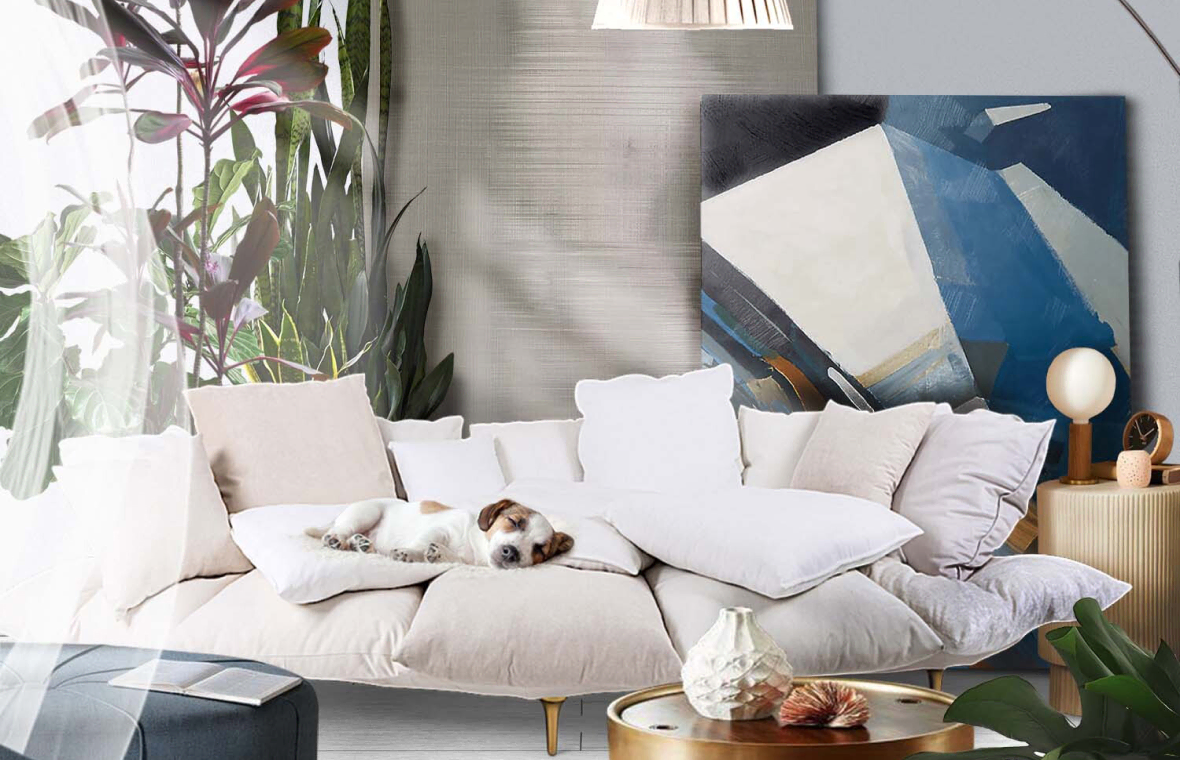
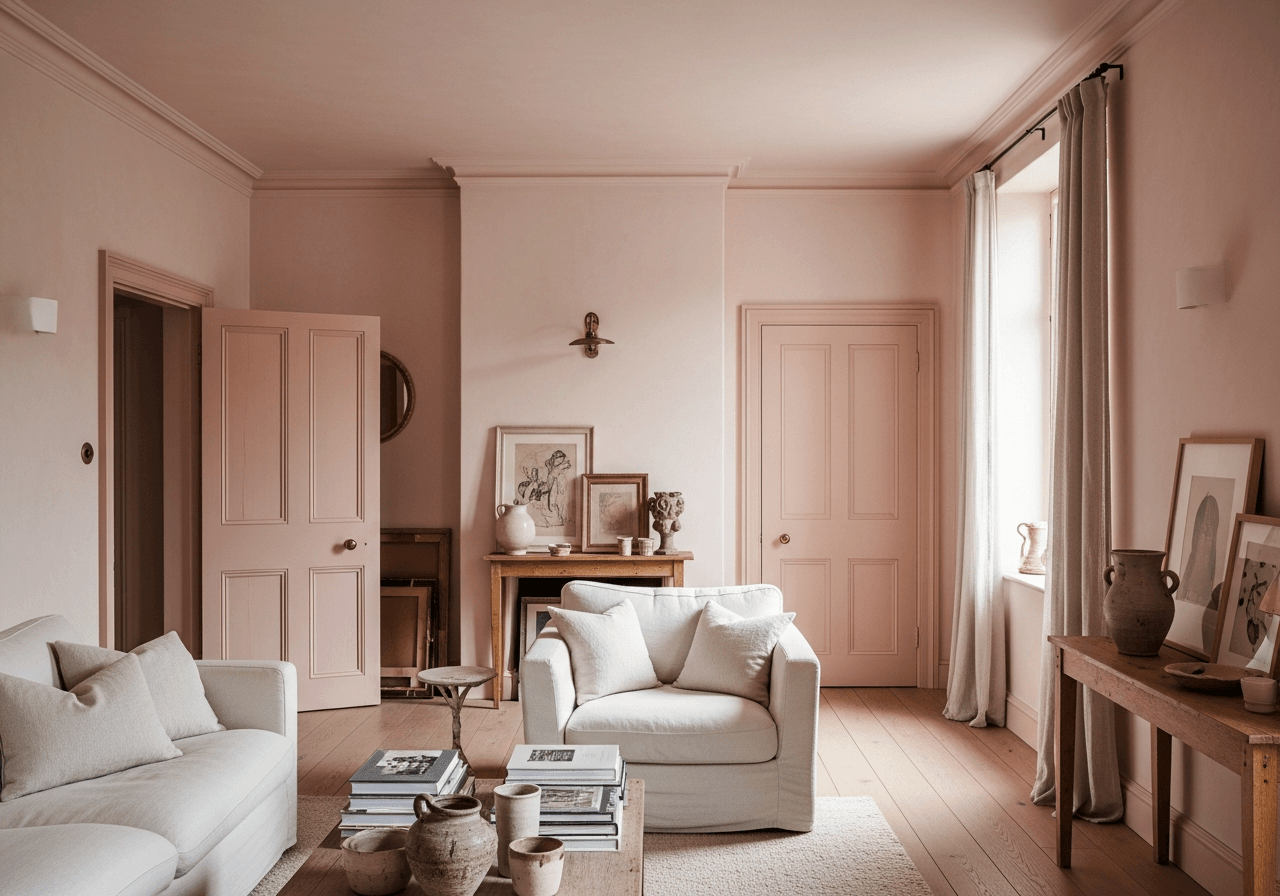
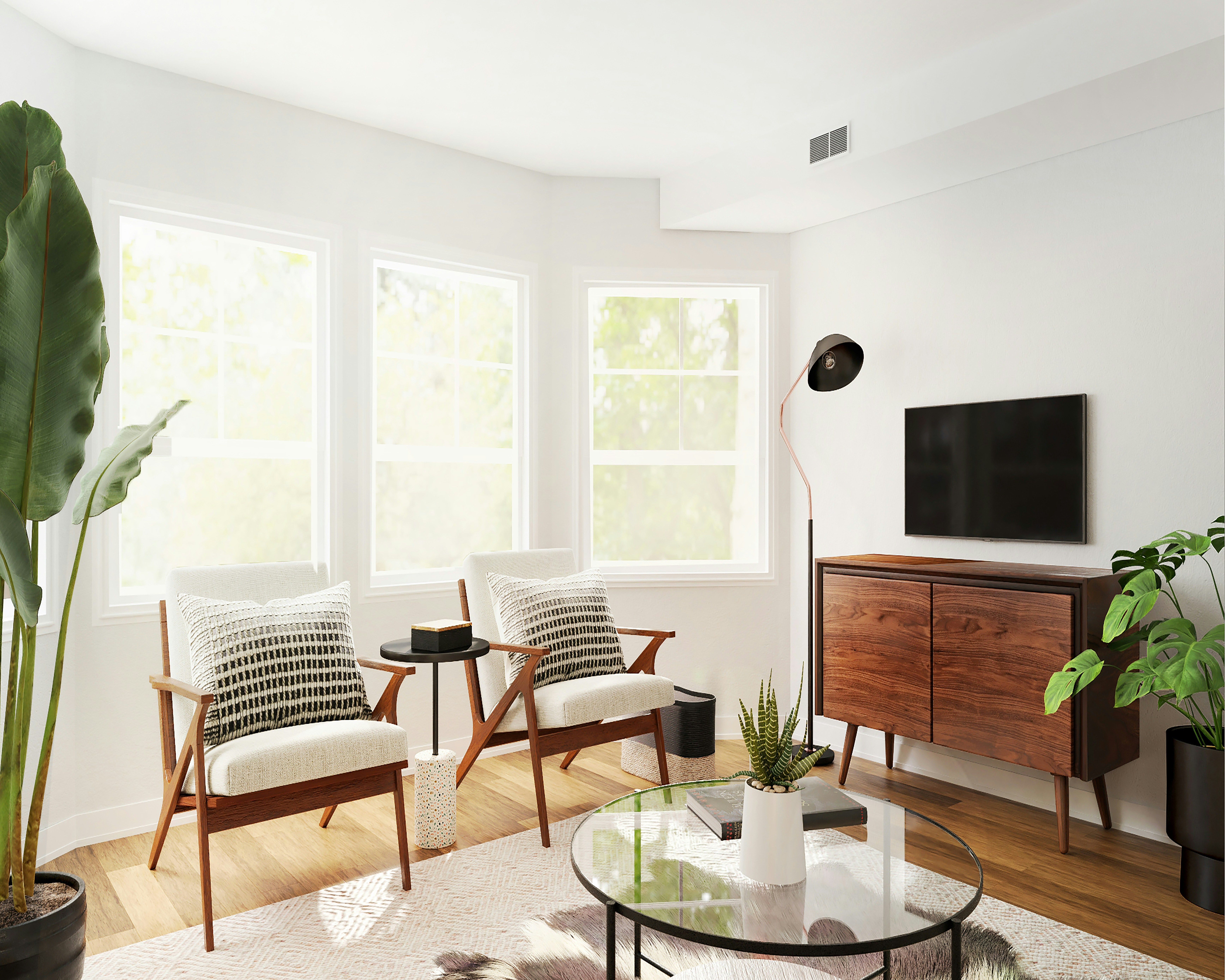
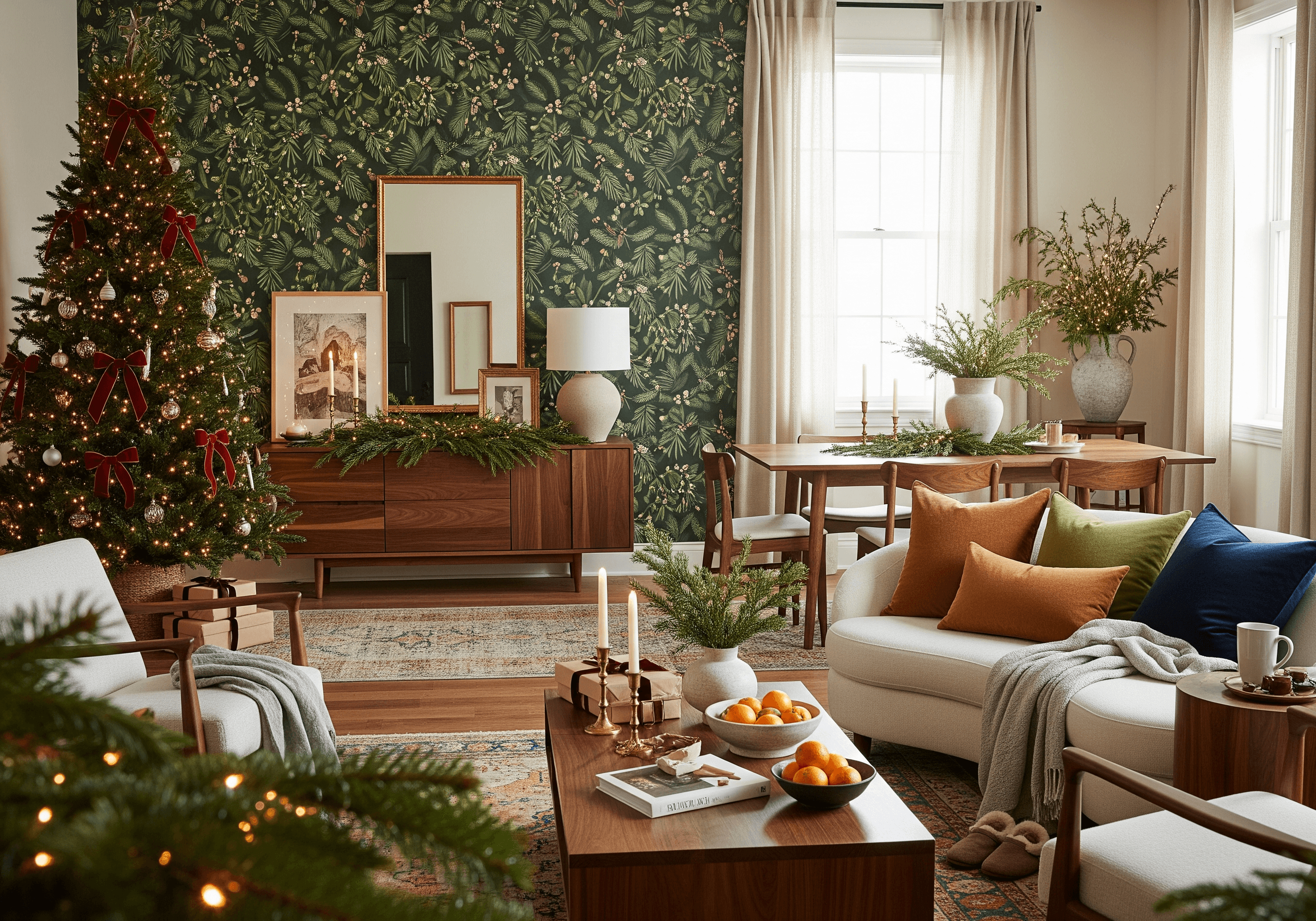
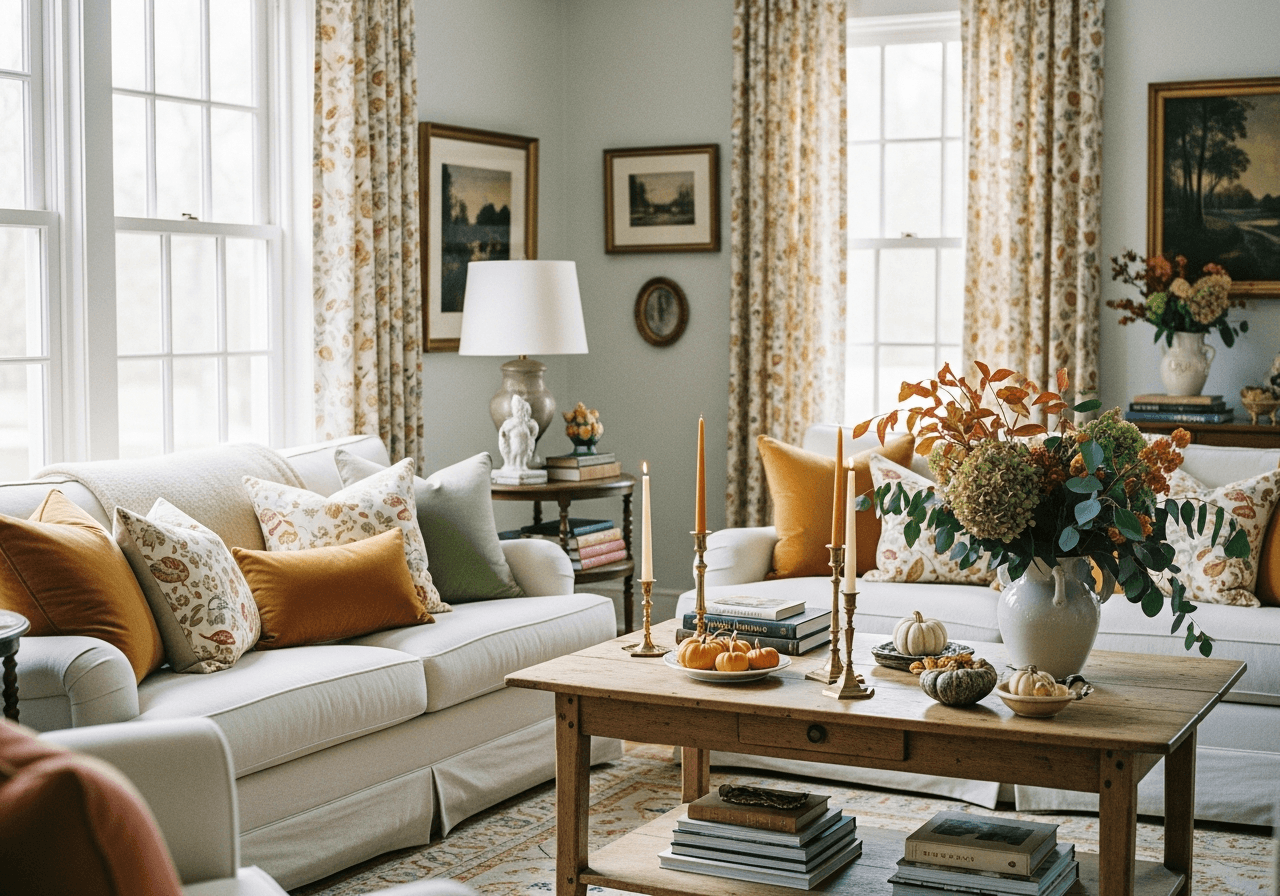
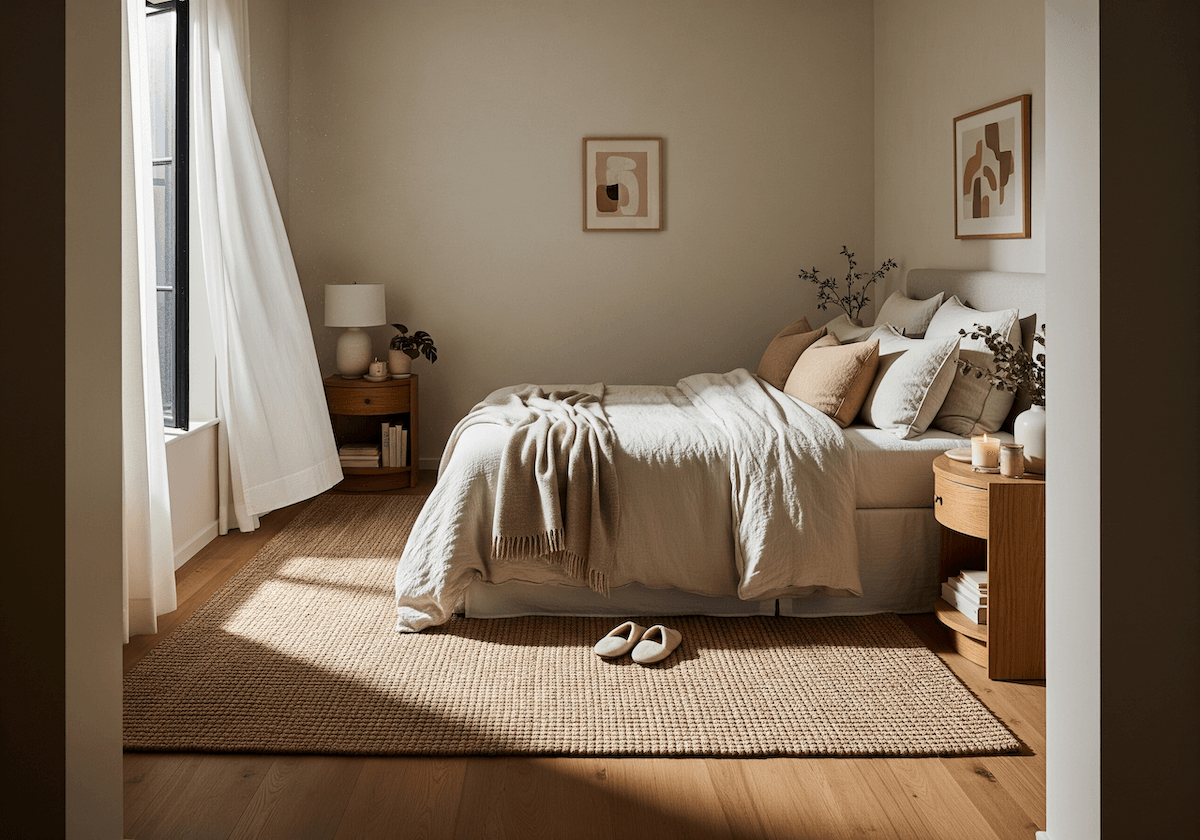
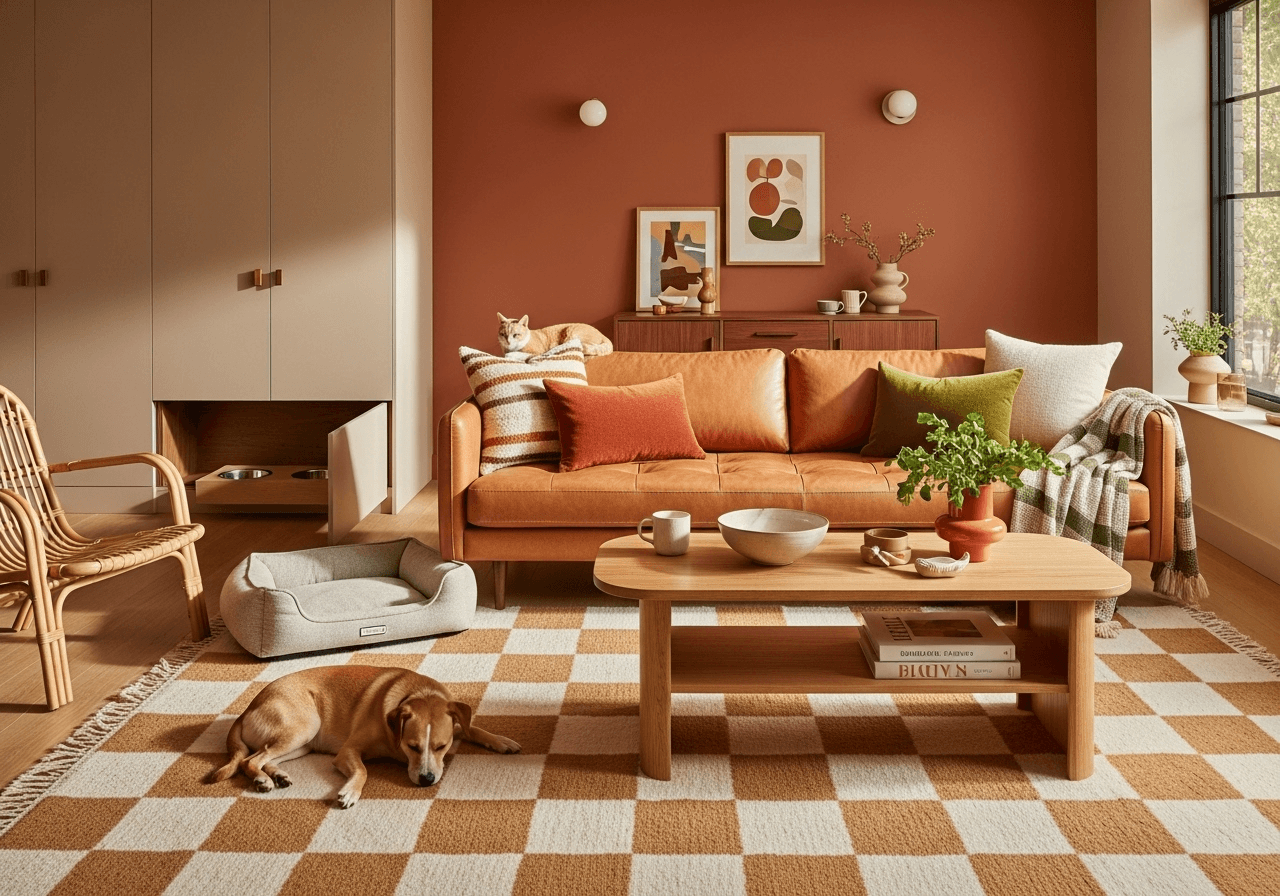


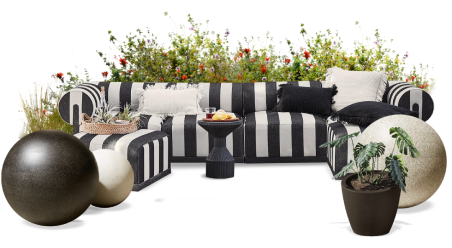
 20h left
20h left


